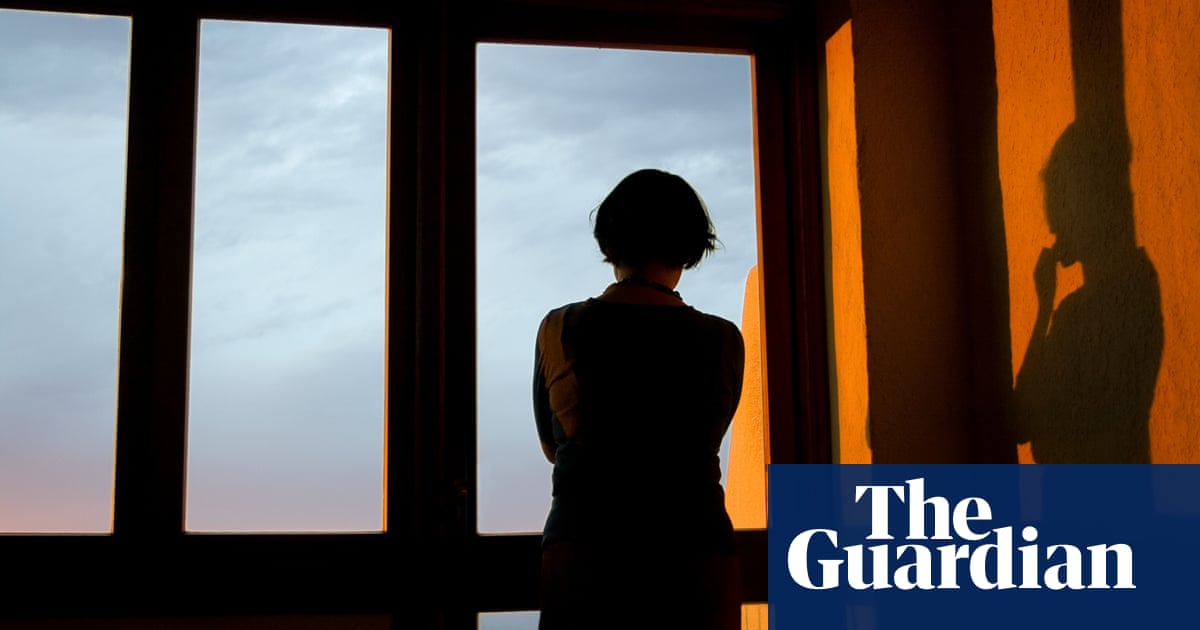
Women diagnosed with polycystic ovary syndrome may have an increased risk of attempting suicide, research suggests.
PCOS is a common health condition thought to affect about one in 10 women in the UK, although many cases are undiagnosed.
The condition can cause irregular periods, acne, obesity, and cysts in the ovaries among other symptoms, with the World Health Organization noting PCOS as a leading cause of infertility.
Now a large study by researchers in Taiwan suggests people diagnosed with the condition have an increased risk of suicide attempts.
Writing in the Annals of Internal Medicine, researchers from Taipei Veterans general hospital in Taiwan describe how they analysed nationwide data from 8,960 women and girls aged 12 to 64 diagnosed with PCOS, covering a period from 1997 to 2012. None of those included in the study had a history of suicide attempts.
After taking into account factors including psychiatric disorders, other health conditions and demographics, the team found those with PCOS had an 8.47-fold higher risk for suicide attempts than women without PCOS but who otherwise had similar characteristics.
When the team broke down the findings by age, they found the risk of suicide attempts was 5.38 times higher for adolescents, 9.15 times higher for adults under 40, and 3.75 times higher for older adults, compared with controls.
The authors of the study suggest concerns over the impact of PCOS, including potential infertility and worries over body image, could be among the factors at play.
“Body image concerns, including perceived obesity and acne, have been associated with suicide risk during adolescence, and these problems are common among adolescents with PCOS,” they write, adding that young adults may experience additional challenges such as unemployment, financial difficulties and relationship problems.
The drop in increased risk in older adults, the team suggest, could be linked to an improvement in the symptoms of PCOS with age.
While the research has limitations, including that it cannot prove cause and effect and could not take into account all possible factors that may muddy the waters, it is not the first to suggest an association between PCOS and suicide.
Dr Sophie Williams of the University of Derby, who was not involved in the new research, said a number of studies had revealed similar findings in recent years, while her own work had raised concerns around self-harm and suicidal ideation among women with PCOS.
“We know that women with PCOS are more likely to have depression and anxiety – that’s been shown time and time again in a number of research papers,” she added.
While Williams said there were a number of possible explanations – including possible differences in parts of the brain that may be associated with PCOS – she stressed there were only a handful of studies looking into possible pathways.
“[PCOS] is a very, very underresearched area in general, and mental health within that is even more underresearched,” she said.
However, Williams said women with PCOS who were experiencing difficulties needed to know they could reach out for help – including through the NHS.
“It is a very hard first step to take, but it is potentially a life-changing step,” she said.
In the UK and Ireland, Samaritans can be contacted on freephone 116 123, or email jo@samaritans.org or jo@samaritans.ie. In the US, you can call or text the National Suicide Prevention Lifeline on 988, chat on 988lifeline.org, or text HOME to 741741 to connect with a crisis counselor. In Australia, the crisis support service Lifeline is 13 11 14. Other international helplines can be found at befrienders.org











